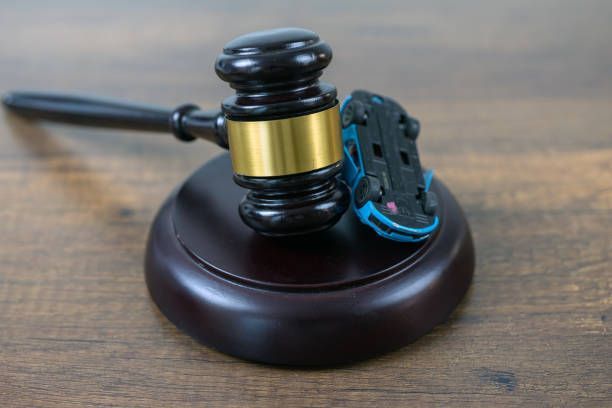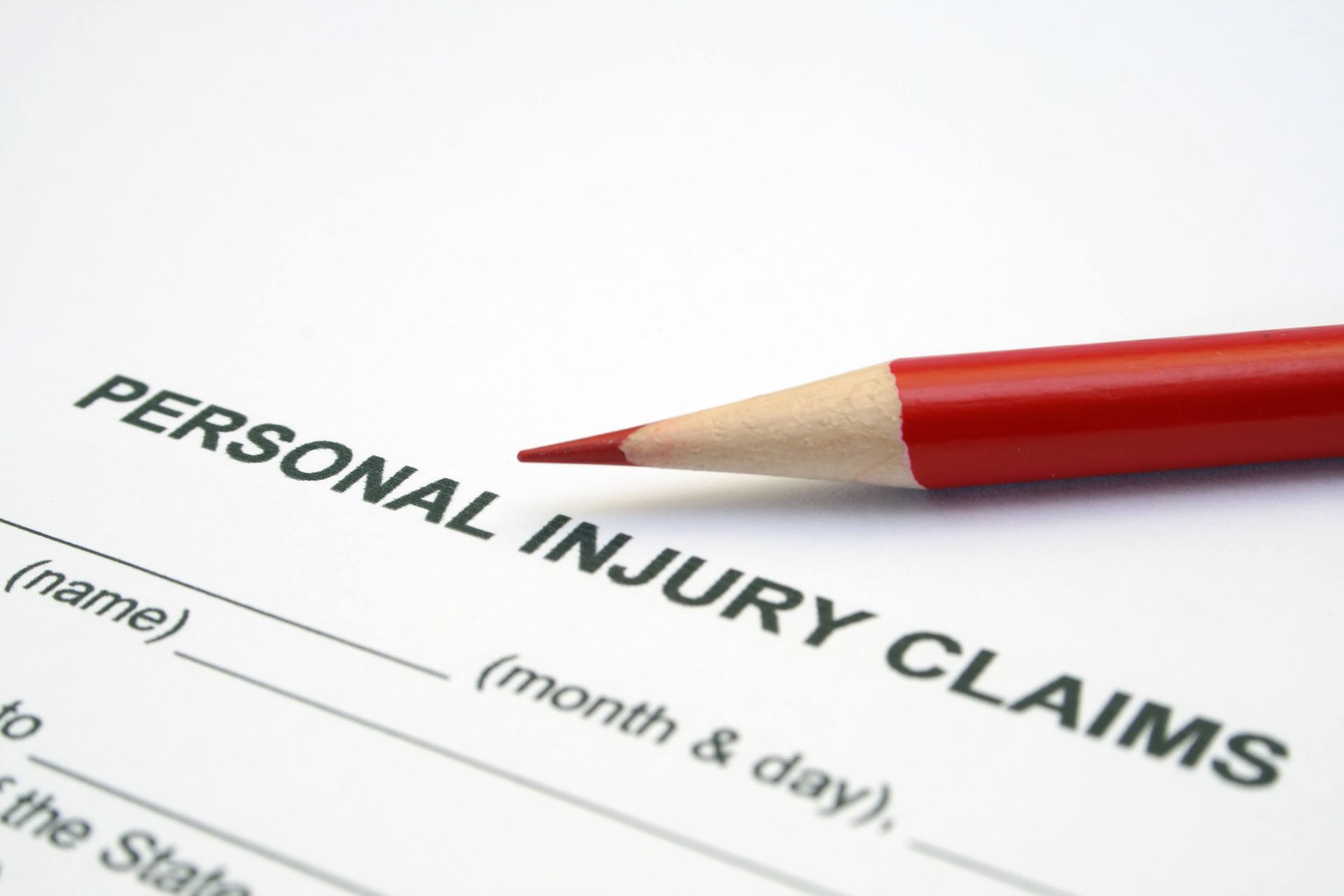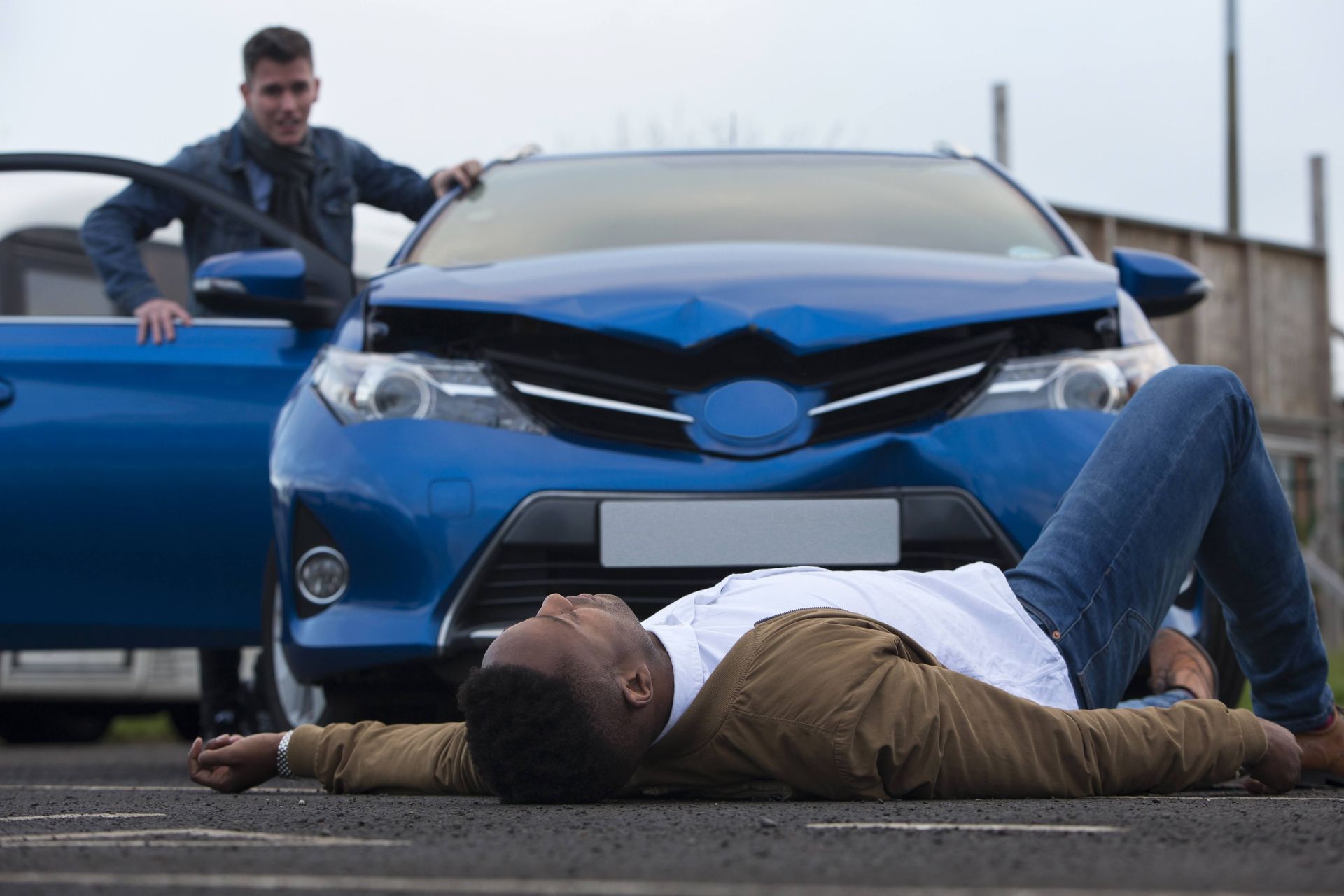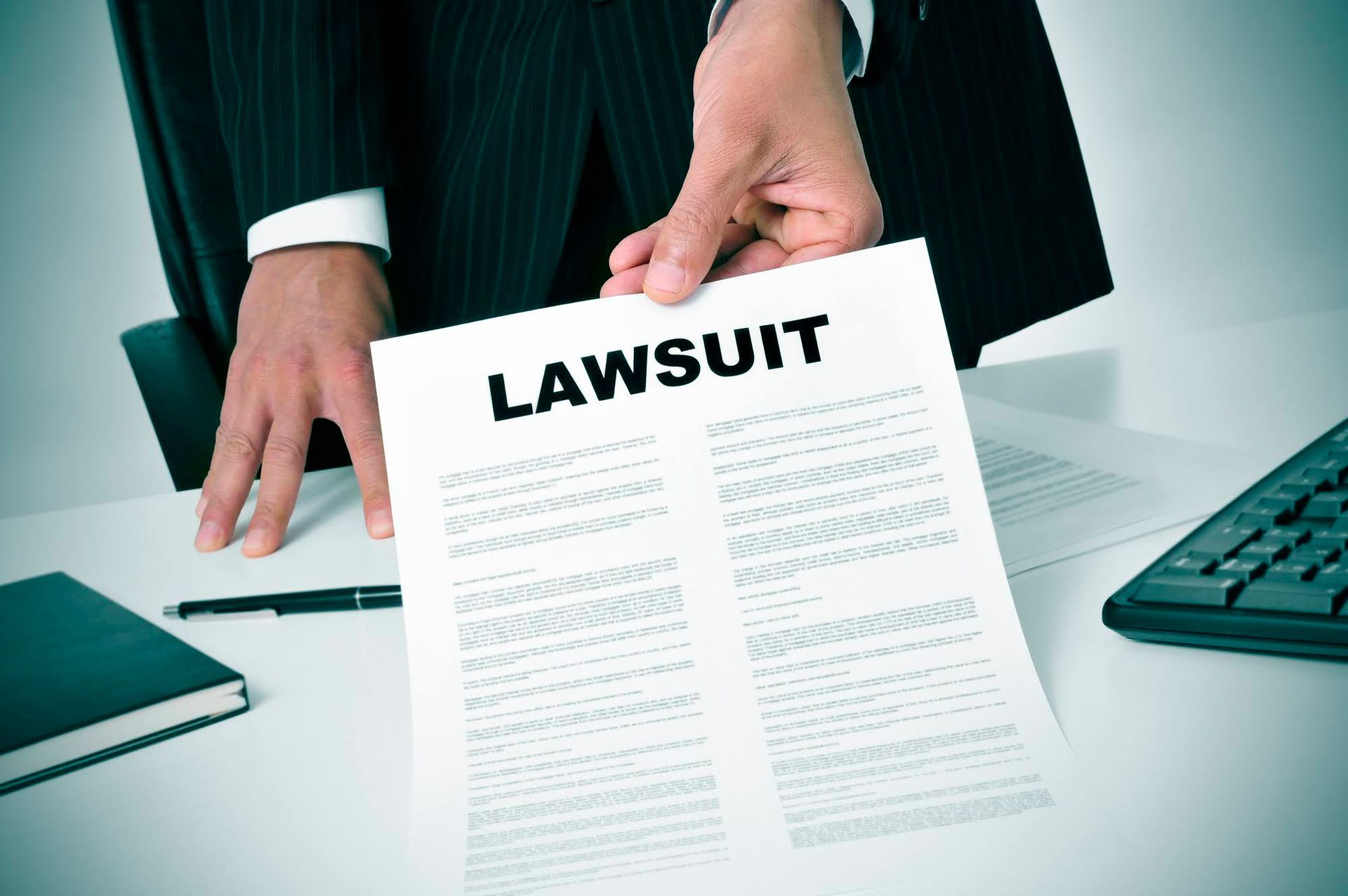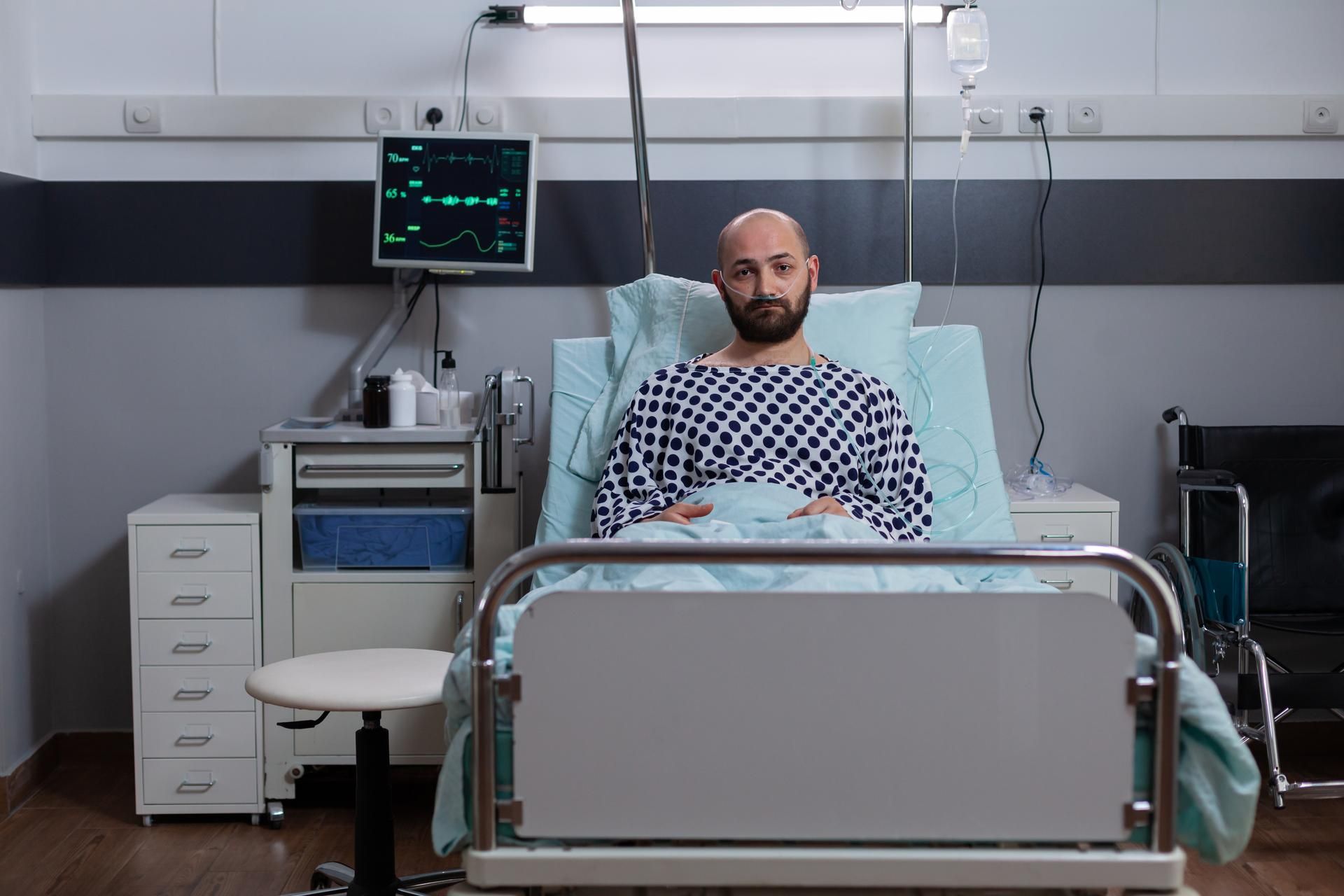How Experienced Lawyers Ace Opening Statements During Litigation

A lawyer with litigation experience is best for your case if it goes to trial. The litigation experience will help the lawyer deliver an opening statement that sets the right tone for the rest of the trial. Below are some of the tactics experienced lawyers use for their opening statements.
They Know How to Speak
Experienced litigation lawyers know what to say during opening statements. This knowledge is critical since it shapes the jury's or judge's perception of the case, client, and lawyer right from the state. For example:
- Many lawyers speak in the present tense to create a sense of emergency and hold the court's attention.
- Experienced lawyers know how to choose their words or phrases so that they don't overuse some words and bore their listeners.
- The lawyers know that the opening statement is for facts and not arguments.
- Experienced lawyers know how to summarize major points in single sentences.
- The lawyers know what to avoid; for example, they don't promise roadmaps to the court.
Few people, other than lawyers, know what to say and how to speak during the opening statement. An average person might tell stories and go off-topic – effectively losing their listeners.
They Know How Long to Speak
A good opening statement is long enough to create a case overview but short enough not to explain everything or lose the listeners. Experienced litigation lawyers know how long to give their opening statements. The lawyers know that:
- The opening statement's length varies by case.
- Every word should matter, and every statement should have a purpose.
According to the American Bar Association, a good opening statement should last 10 to 30 minutes.
They Know the Best Outline to Use
The opening statement's strength lies in what you say and how you say it. For example, many lawyers use outlines that guide them on what to stay at every stage of the statement. An outline can also help you make the opening statement into a story, which is helpful. After all, stories are inherently more engaging than speeches.
Here is an example of an outline a lawyer may use:
- Client, lawyer, and defendant introduction
- Overview of accident facts
- Overview of injuries and treatment
- Mention of adverse medical examination
- Mention of lawyer's expectation to the jury
Lawyers don't have a standard outline; they adapt it using their experiences and skills. Many lawyers understand the benefits of a customized outline.
They Know How to Engage With the Jury
For the court to believe the plaintiff's case, they must believe in the lawyer's credibility. An experienced lawyer knows how to engage with the court to create a rapport and develop credibility. For example:
- A good lawyer will not oversell their case during the opening statement.
- An experienced lawyer starts with the facts that are not in contention.
- Trial lawyers know that they need to speak and not read their opening statements.
A plaintiff who loses the court, specifically the jury, might struggle to regain their trust after the opening statement.
They Have the Right Tools
Lastly, the lawyers have the tools they need for the case; the average person lacks such tools. For example, the lawyers may:
- Use technology, such as power-point presentations, to hold their listeners' attention.
- Use exhibits to demonstrate key facts.
- Use easels to note key points of their cases.
The defendant and the court usually have a say in the number and nature of tools the plaintiff's tools. The court will decide on these issues before trial. An average person might not even know which tools the court might not allow.
Higinbotham & Higinbotham, PLLC has decades of experience with personal injury cases. Contact us for a consultation to determine how to pursue your case.
